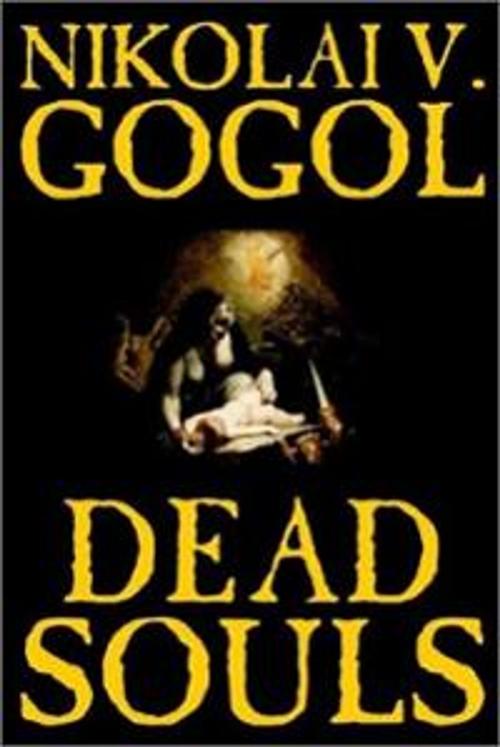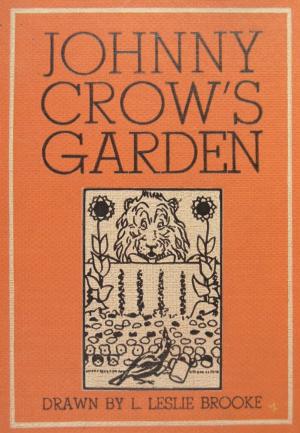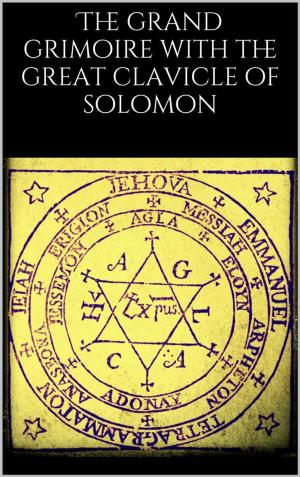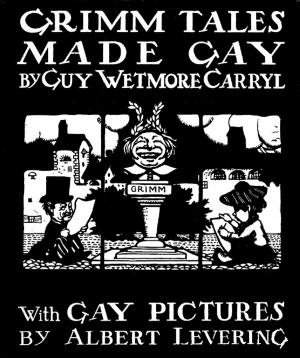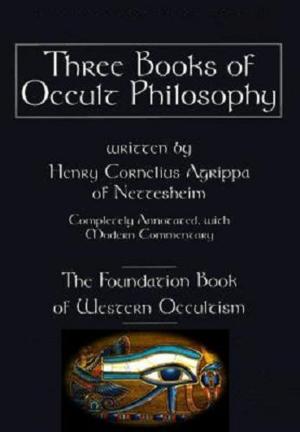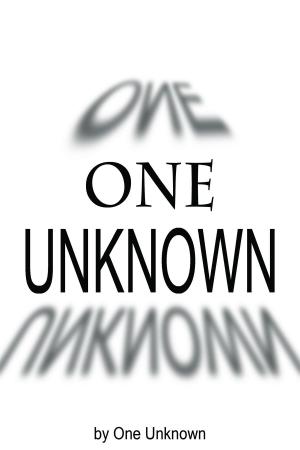| Author: | Nikolai Vasilievich Gogol | ISBN: | 1230000252874 |
| Publisher: | Unknown | Publication: | July 16, 2014 |
| Imprint: | Language: | English |
| Author: | Nikolai Vasilievich Gogol |
| ISBN: | 1230000252874 |
| Publisher: | Unknown |
| Publication: | July 16, 2014 |
| Imprint: | |
| Language: | English |
Dead Souls is a true masterpiece It is eloquent on some occasions, lyrical on others, and pious and reverent elsewhere. Nicolai Gogol was a master of the spoof. The American students of today are not the only readers who have been confused by him. Russian literary history records more divergent interpretations of Gogol than perhaps of any other classic.
Chichikov, an enigmatic stranger and schemer, buys deceased serfs' names from their landlords' poll tax lists hoping to mortgage them for profit and to reinvent himself as a gentleman.
The idea is that the Russian state taxes these landowners pay are based on the number of serfs (or "souls") on record. The problem is that many of these landowners must also pay for the serfs that have already died. It is these "dead souls" that Chichikov wants to buy from the landowners. He does not tell the owners why he wants the souls, but one can imagine that his plans are somewhat twisted...
The novel is ultimately a social and political commentary involving exaggerated characters.
Dead Souls is a true masterpiece It is eloquent on some occasions, lyrical on others, and pious and reverent elsewhere. Nicolai Gogol was a master of the spoof. The American students of today are not the only readers who have been confused by him. Russian literary history records more divergent interpretations of Gogol than perhaps of any other classic.
Chichikov, an enigmatic stranger and schemer, buys deceased serfs' names from their landlords' poll tax lists hoping to mortgage them for profit and to reinvent himself as a gentleman.
The idea is that the Russian state taxes these landowners pay are based on the number of serfs (or "souls") on record. The problem is that many of these landowners must also pay for the serfs that have already died. It is these "dead souls" that Chichikov wants to buy from the landowners. He does not tell the owners why he wants the souls, but one can imagine that his plans are somewhat twisted...
The novel is ultimately a social and political commentary involving exaggerated characters.
